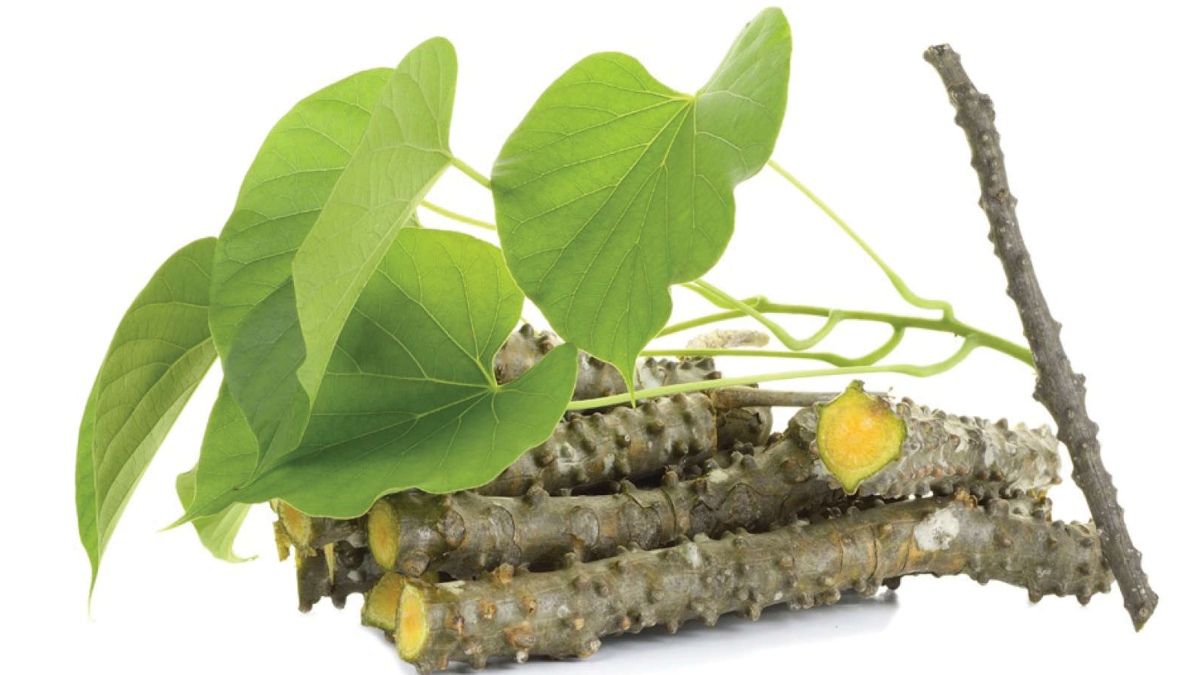A year and a half have passed since the Covid-19 pandemic swept across the globe. While there seemed no possible cure for the disease and researchers intensified their search for effective treatment and vaccine, many clinical trials were happening around the world and herbs emerged as a possible alternative treatment. Two of them include Giloy and Ashwagandha.
Giloy is a popular ayurvedic remedy for a number of health conditions including fever, infections and diabetes. However, there have been numerous debates about its benefits. While Ayurvedic doctors have claimed that the herb is not harmful, there have also been some reports claiming that giloy can lead to liver damage. A study published in the Journal of Clinical and Experimental Hepatology claimed the herb is harmful to the liver. On the other hand, the Ministry of AYUSH argued that giloy had been scientifically proven to be an effective remedy for multiple disorders.
To comprehend the facts related to the medicinal herb, we interviewed some eminent personalities from the field of gastroenterology and hepatology. An expert from the field of liver and gastroenterology suggested that alternative medications like giloy can cause some serious liver injuries. Dr Kaushal Madaan, Head of Hepatology, Max chain of hospitals, said: “When this pandemic came, we realised that there were many patients who came to us with unexplained liver failure and liver injury and some of them had even died. Only after a few months, we realised that they were taking a concoction and the most common ingredient of that concoction in these particular patients was giloy.” He pointed out that people were consuming kadhas or concoctions, twice or thrice a day, for a year, which could have caused serious liver damage.
“Even before the pandemic started, we had been advising our patients, whether or not they have underlying liver disease, to avoid taking herbal medicines of whose ingredients we are not sure about,” Dr Kaushal added, in the context of herbal and alternative medicines.
Alluding to the fact that all medicines — allopathic, homoeopathic or ayurvedic — have their pros and cons, Dr Sarin, Director, ILBS, said, “I can certainly say that there are certain herbs that can be harmful. There are certain preparation; unless they have published data, or they have data that they are only beneficial, just don’t take them if they have no scientific evidence.”























